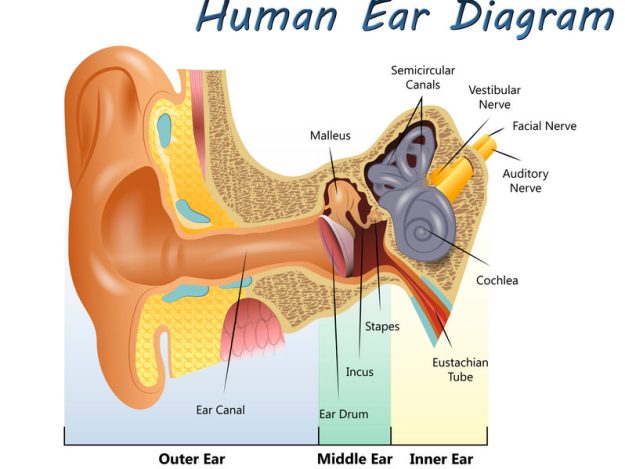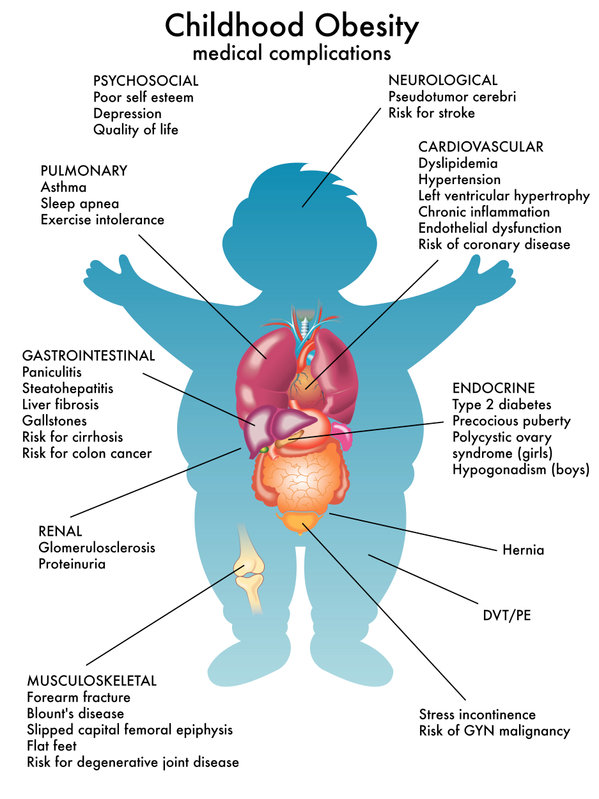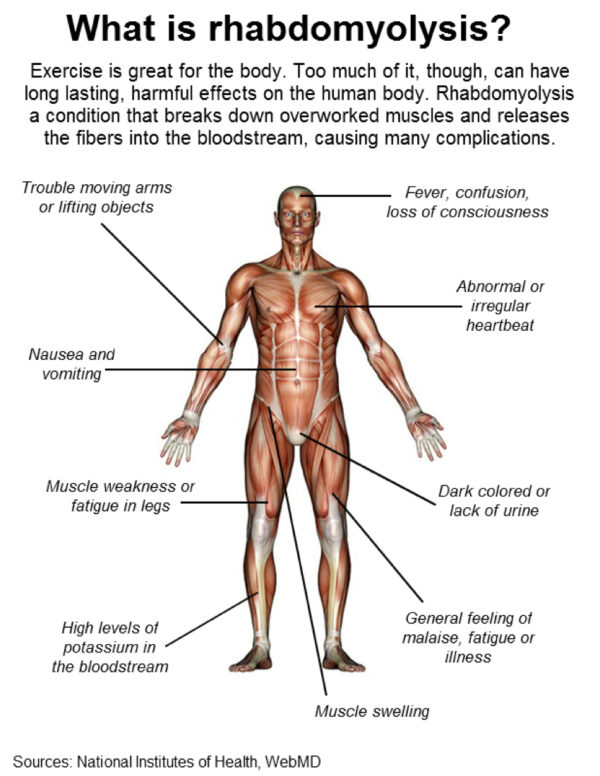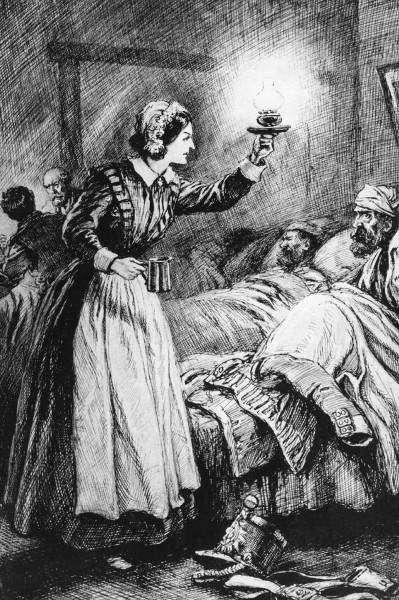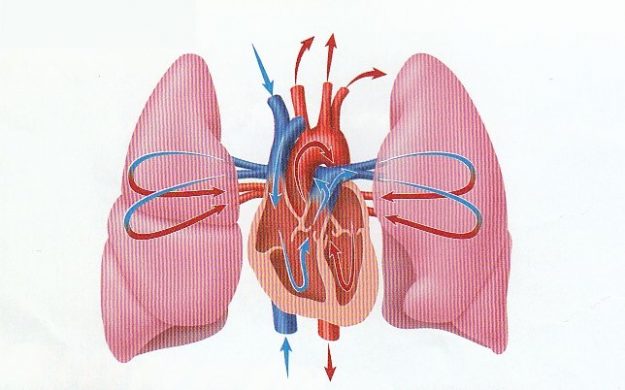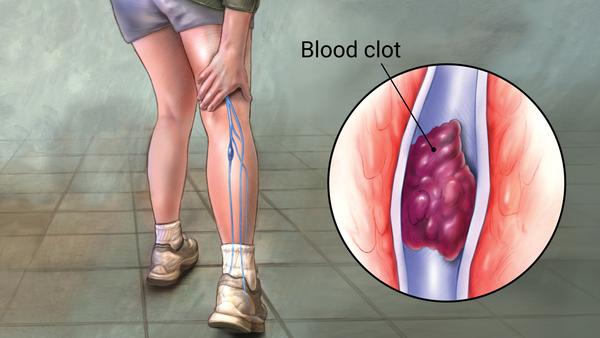Inflammatory Bowel Disease for the Correctional Nurse 2.0 Continuing Education Hours Ulcerative Colitis and Crohn Disease are conditions known as Inflammatory Bowel Disease. They are very similar, yet have important differences. Patients with either of these diseases have significant challenges when placed in the correctional environment, where there is an inherent lack of privacy. Ulcerative…
Ear Conditions for the Correctional Nurse 2.5 Continuing Education Hours From earplugs made of toilet paper that then get “stuck’ in the ear canal to fulminant ear infections, Correctional Nurses often evaluate complaints of the ear. Most often, the patient complains of acute ear pain. Correctional Nurses, therefore, must be competent to examine the ear…
Headache for the Correctional Nurse 2.0 Continuing Education Hours Headache is a pain in any part of the head, including the face, scalp, and interior of the head. The pain is due to activation of the pain-sensitive structures around the brain, skull, face, teeth or sinuses. It is the one of the most common types…
Juvenile Obesity for the Correctional Nurse 2.0 Continuing Education Hours The rate of obesity for children and adolescents in the United States has risen significantly–from 14.5 percent to 17.3 percent overall, making it the most prevalent nutritional disorder among children and adolescents. Research suggests that 16-18% of American children and adolescents are obese, and another 21-24%…
Rhabdomyolysis for the Correctional Nurse 2.0 Continuing Education Hours Rhabdomyolysis means the “dissolution of skeletal muscle”. It is a syndrome caused by direct muscle injury, or a mismatch between energy production and energy consumption that results in a breakdown of muscle cells. This breakdown results in the leakage of potentially toxic intracellular contents into the…
Clinical Judgment for the Correctional Nurse 2.0 Continuing Education Hours In correctional health care, nurses are usually the first health care professional to assess a health concern or complaint. Patients present with virtually every type of health problem, and many have co-occurring conditions that can complicate the diagnosis and plan of care. Therefore, correctional nursing…
Human Trafficking for the Correctional Nurse 2.0 Continuing Education Hours Involving the use of fraud, coercion or force to obtain some type of labor or sex act, human trafficking can occur anywhere, including the United States. Worldwide, millions of men, women, and children are trafficked every day. Victims can be any nationality, race, gender, or…
Bullying and Incivility for the Correctional Nurse 2.0 Continuing Education Hours The American Nurses Association (ANA) and other organizations define incivility as “one or more rude, discourteous, or disrespectful actions that may or may not have a negative intent behind them.” The ANA defines bullying as “repeated, unwanted, harmful actions intended to humiliate, offend, and…
Heart and Lung Auscultation for the Correctional Nurse 2.0 Continuing Education Hours Patient assessment/evaluation are critical skills for the correctional nurse. Often, the findings during patient evaluation determine the nursing “next steps”. Can the patient be treated using the Nursing Protocols/Guidelines or does the patient presentation require that a provider be notified? Abnormal findings such…
Anticoagulation for the Correctional Nurse 2.0 Continuing Education Hours In the United States today, anticoagulant therapy is prescribed for individuals who are at risk for deep vein thrombosis, pulmonary embolism and stroke due to atrial fibrillation. Historically, and even today, most patients with a blood clotting disorder are treated with warfarin and heparin. These medications…

